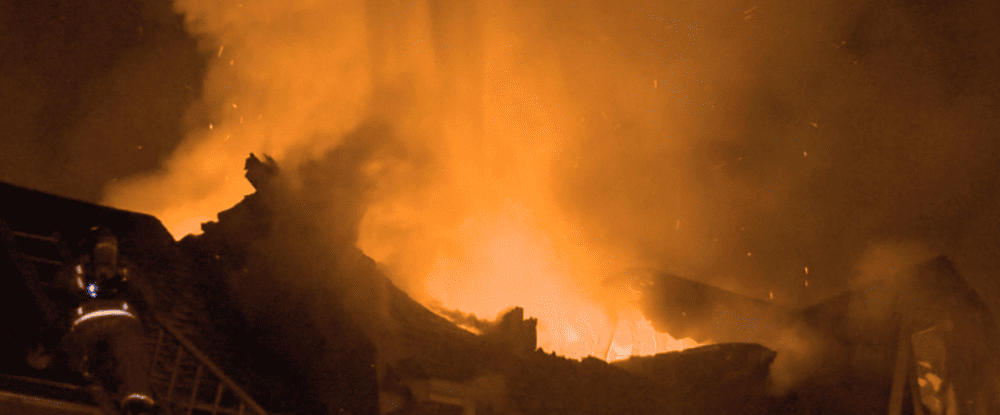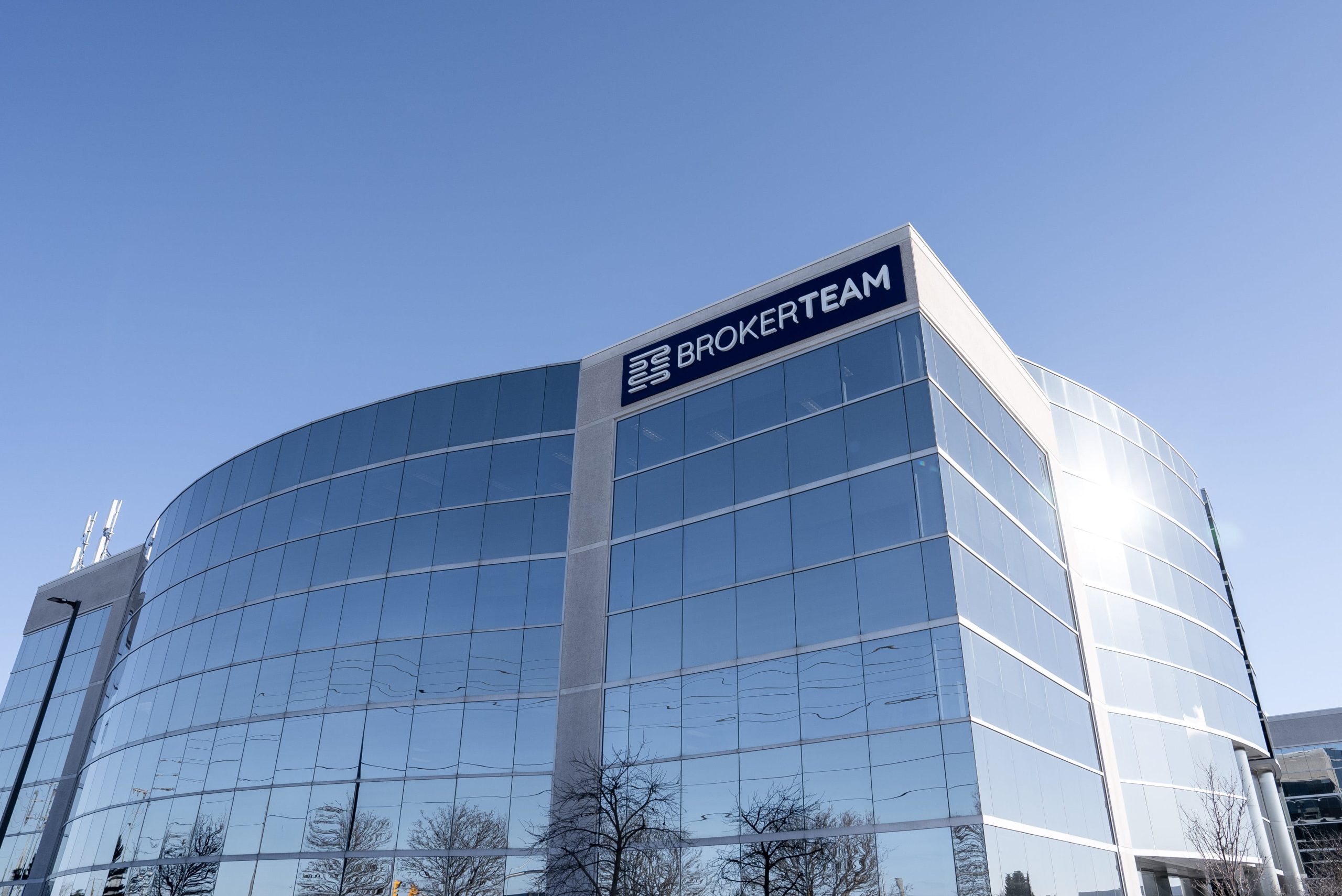
Photo courtesy of Jason Scott/Global News
As Global News originally reported, the fire broke out at around 3 AM on June 27, 2017 in the Riverside area of Toronto.
It is an unfortunate incident as fires are not to be underestimated. However, the fortunate side of things is that there were no injuries. With that, BrokerTeam wants to take this opportunity to offer some insight from an insurance perspective, in case a similar event occurs closer to home for our readers.
1. Happened on residential properties. This means it will affect Personal Property Insurance (homeowners and tenants). The responding insurance policy will cover the additional cost of living such as hotel cost and meals.
Fire is a core coverage found on all Property Insurance policies, and the law states that all policies must not exclude fire as an Insurance Peril. However, almost all policies have conditions and exclusions that limit or even void all or some coverage including fire.
Tip: Policyholders should comply with those terms at all times. Plus, keep your insurance broker informed! Let them know when there’s a change of use in the property, such as changing from owner-occupied to rental, leaving the property vacant or unoccupied for an extended period of time.
2. It was a vacant house. If the homeowner did not notify his/her insurer to obtain a proper vacancy permit, the damages might not be covered.
Vacancy Permit, with some conditions and additional charges, would allow the property to be vacant for over 30 days without affecting the major coverage. The definition of Vacancy is not limited to the physical content. In some situations, it might include the intended use of the property.
Tip: Make sure to clearly disclose to your insurer to avoid disappointment when it comes to insurance claims. Obtaining a Vacancy Permit is crucial to making sure your policy is valid.
3. Replacement Cost or Guaranteed Replacement Cost. The best coverage available for homes would be Replacement Cost or Guaranteed Replacement Cost. This means the insurer will cover the cost of rebuilding with materials that is likekind and quality.
Generally, insured will have a newly rebuilt home with no deduction of depreciation. However, in most situations of older homes that were built a long time ago, the change of building codes or by-laws will lead to added costs to rebuild. This additional cost is not covered fully by the policy, and such cost could be substantial.
Tip: Purchase proper limits of by-laws coverage which provides protection to the gaps.
4. Originated from the home that was under construction. This means the contractors and their insurance should be involved. If the property is in the possession of a contractor, his business insurance will also respond to the loss.
Tip: Ensure your contractor has sufficient insurance to cover any situation regardless of the project, as projects of any size might result in any type of accident. To protect yourself, a Certificate of Insurance should be issued with the homeowner as an additional insured specifically to the project. Certificate of Insurance grants the homeowner some rights to recover losses.
Contact BrokerTeam today for a customized assessment of your situation. We will provide you with personalized advice for your needs.




